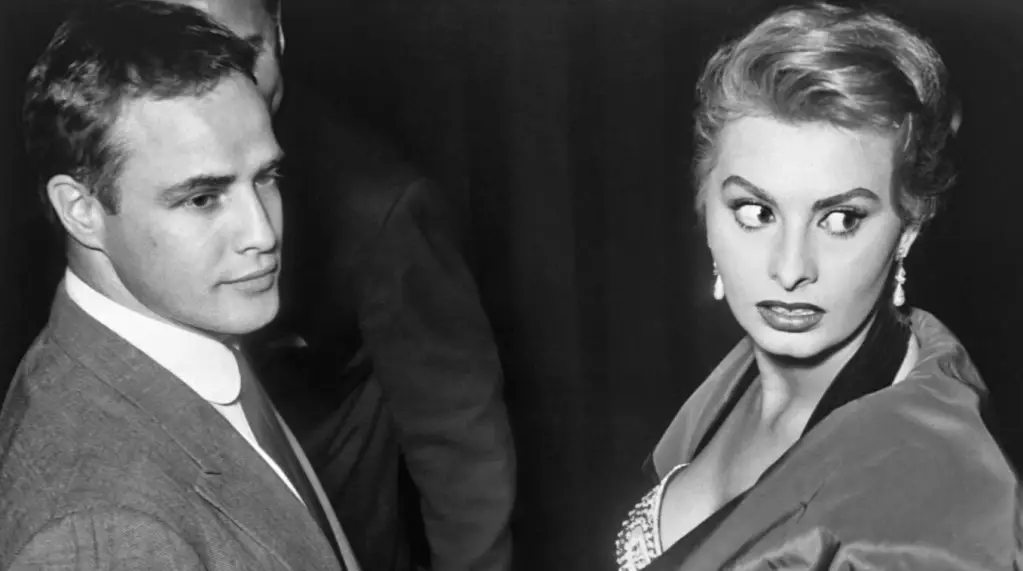Marlon Brando, one of the most celebrated actors of the 20th century, epitomized the archetype of the “angry young man” in cinema. His reputation for passion and intensity transcended the screen and often infiltrated his real-life experiences. A recent revelation from a memoir about the Italian film industry during the 1950s sheds light on one such incident where Brando’s fury reached its boiling point. This anecdote, shared in the upcoming English edition of **Hollywood on the Tiber** by Hank Kaufman and Gene Lerner, paints a vivid picture of an actor unprepared for the cultural differences that directly affected his craft.
Imagine attending a grand premiere where you are not only the star but also the centerpiece of attention. This was the scenario at the Italian premiere of **On The Waterfront**. However, Brando’s excitement quickly turned to disbelief upon discovering that his iconic voice had been substituted by an Italian actor’s. For an artist as deeply invested in his authentic representation as Brando, this moment was jarring, akin to an existential crisis unfolding in real-time. The relatability of his reaction—stemming from a sense of betrayal—strikes at the core of an actor’s identity. To Brando, acting was an intrinsic form of self-expression, and substituting his voice felt like a distortion of his very essence.
Brando’s vehement response illustrates a broader issue faced by international stars: the clash of artistic integrity with commercial practices in foreign markets. The backstage dynamics of filmmaking were often fraught with complexities that could infuriate even the most stoic actors. His unforgettable reaction, characterized by near-hysteria—“Get me out of here! I’m an actor, not a ventriloquist’s dummy”—echoes the sentiment that artists crave authenticity in their roles. The pressure to cater to different cultural sensibilities can sometimes lead to disillusionment, causing an emotional disconnect that, in Brando’s case, was palpable.
After his initial walkout, a moment of introspection seems to have compelled Brando to rejoin the audience, suggesting a sense of duty to his craft and his fans. When he eventually stood to acknowledge the applause, it underscored a dichotomy: the conflict between individual authenticity and public recognition. The applause that followed may have functioned as a balm to salve his wounded pride, illustrating the complexities of fame where accolades and discontent often coexist. This return not only sealed his commitment to his performance but also highlighted his enduring connection with the audience.
Brando’s experience at the Italian premiere remains a poignant reminder of the struggles faced by artists who navigate the often unpredictable waters of international cinema. His story encapsulates the essence of what it means to be an actor: vulnerability, authenticity, and the pursuit of creative respect across various cultural landscapes. The nuances of his character were not simply confined to film; they resonated profoundly in his off-screen interactions. The publication of **Hollywood on the Tiber** promises to delve deeper into these moments, enriching our understanding of a legendary figure who was as complex as the characters he portrayed.
